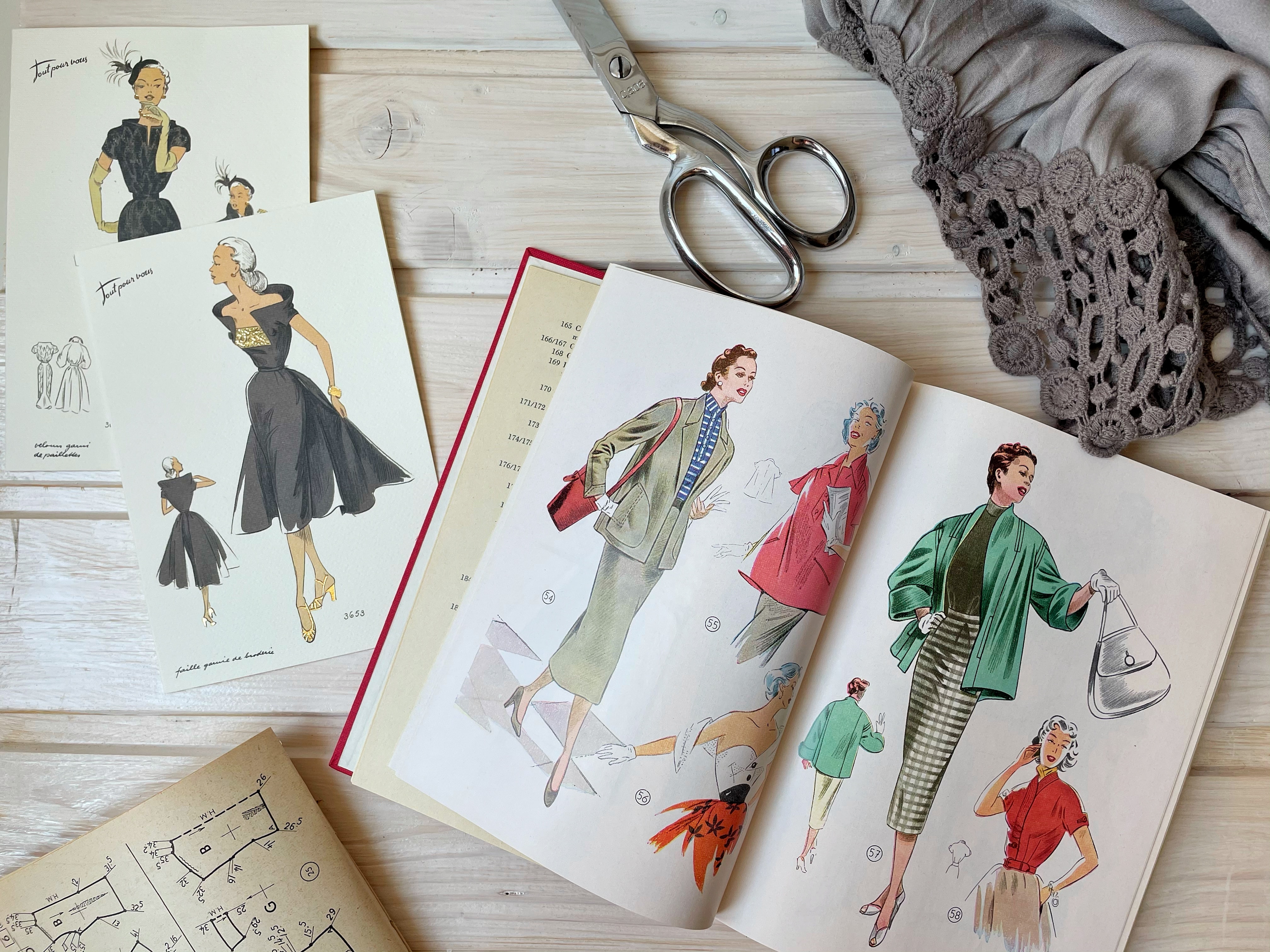The Red Envelope: Billkin and PP Krit’s Take on a Love Story Beyond the Grave
In a cinematic landscape saturated with remakes, reboots and sequels, you might ...

Globally, the fashion industry is far from achieving sustainability. The amount of clothing and accessories put into inventory far exceeds that which is sold. A significant portion of said excess goods is then burned or put into landfills, and this is not to mention the clothing that does get sold but has a short lifespan in the wardrobe. It’s estimated that the fashion industry is responsible for 10% of our greenhouse emissions.
As clothes are something we use on a daily basis, many are now trying to approach fashion with social responsibility. Buying clothes made of sustainable materials and reusing clothes as much as possible instead of continuously contributing to fast fashion are some consumer behaviour trends that are taking off. Moreover, as technology improves, those on the producer side are finding more ways to make fashion more eco-friendly. Indeed, researchers from UC Riverside School of Business and Pennslyvania State University suggest an interesting relief to the issue: mass customisation.
Mass customisation, a process where customers order clothing tailored specifically to their size and personal aesthetic, has been proposed as one solution to the industry’s overproduction. The process already exists, but the idea is to expand it to the point where fast fashion would be discouraged. The UC Riverside study illustrates that this method could tremendously reduce environmental waste as people are less likely to discard clothes that are custom-made for them.

Mass customisation would promote more individuality and uniqueness in personal style
Still, there are many understandable concerns that discourage firms and businesses from adopting the mass customisation method. Many existing fashion brands have a system that works for them, and introducing a new model that involves tailoring garments to be exact for each individual customer can be seen as a logistical challenge and an unneeded change. Plus, the process, as an antithesis to fast fashion, would be undoubtedly time-consuming, requiring more communication with customers and longer manufacturing time.
However, under the right circumstances, mass customisation could rake in higher profits for businesses, all while helping save the environment. A study from Penn State suggests a hybrid model in which a mass production company adopts mass customisation alongside their usual sales. If the company can strike a balance between both modes of production, it could solve the problem of overproduction.
Addressing the issues on the customer end, many do believe that, especially in this climate of information, consumers can be persuaded to embrace customisation and slower fashion. Custom-made clothing has its place inside our hearts, as well as our wardrobes. We recognise it as unique, one-of-a-kind garments that we won’t see duplicates of online or in real life. It doesn’t take a lot to see that the quality and the longevity of the product justify the cost and the wait-time.
In a cinematic landscape saturated with remakes, reboots and sequels, you might ...
Find out more about your celeb favourites and their most loved vacation ...
These top 5 barber shops in Bangkok are where gentlemen can elevate ...
While traditional TV shows are serving us endless boy-meets-girl tales. Thailand has ...
Sailorr and Molly Santana’s black grills fuse hip-hop swagger with homage to ...
Netflix Thailand has officially announced a new price for base subscriptions We’ve ...
Wee use cookies to deliver your best experience on our website. By using our website, you consent to our cookies in accordance with our cookies policy and privacy policy